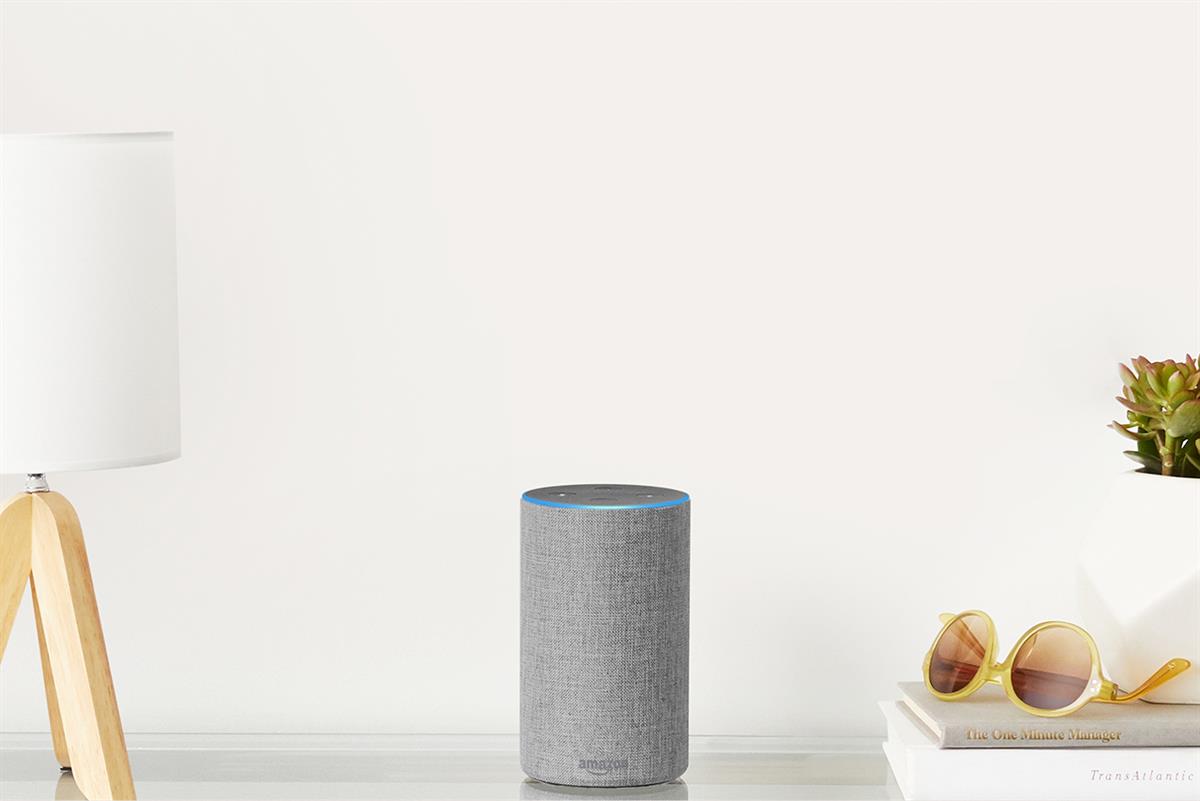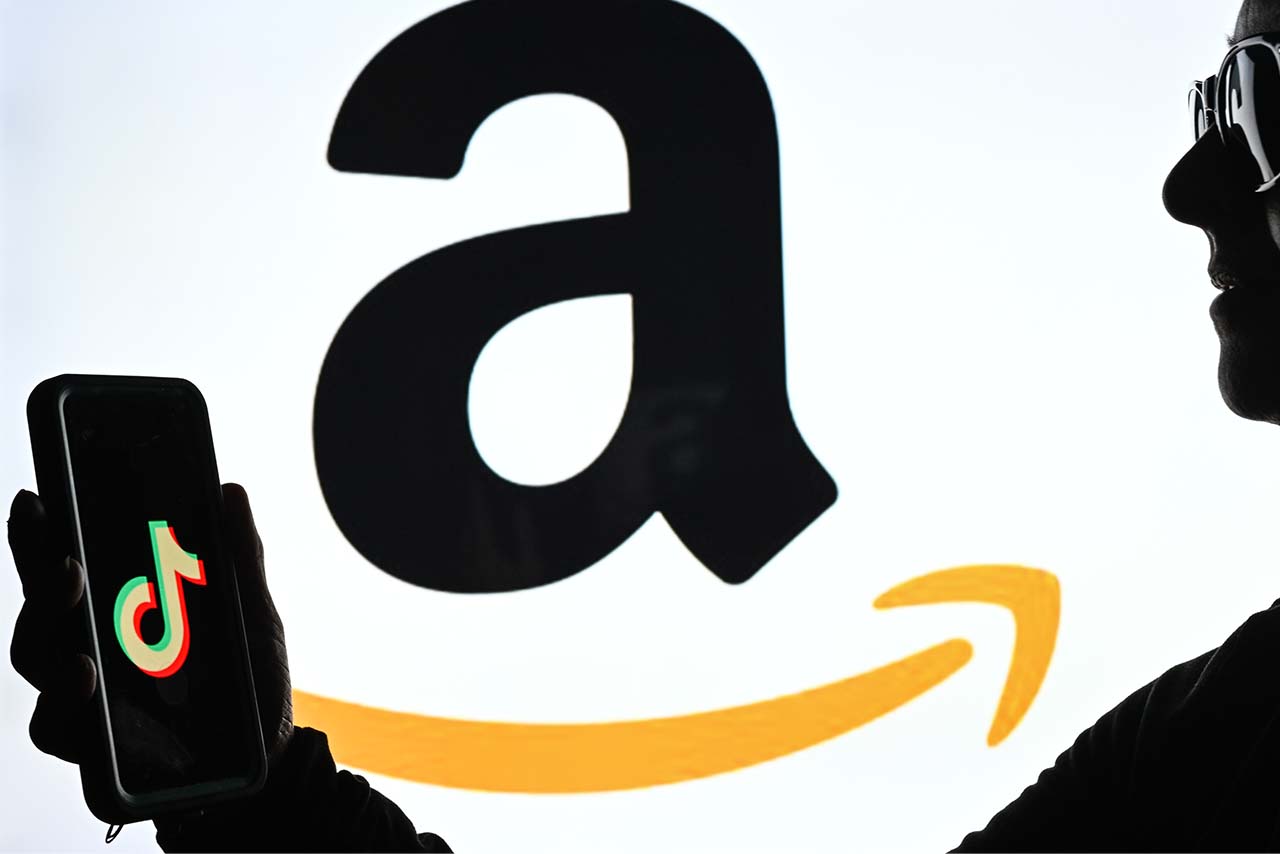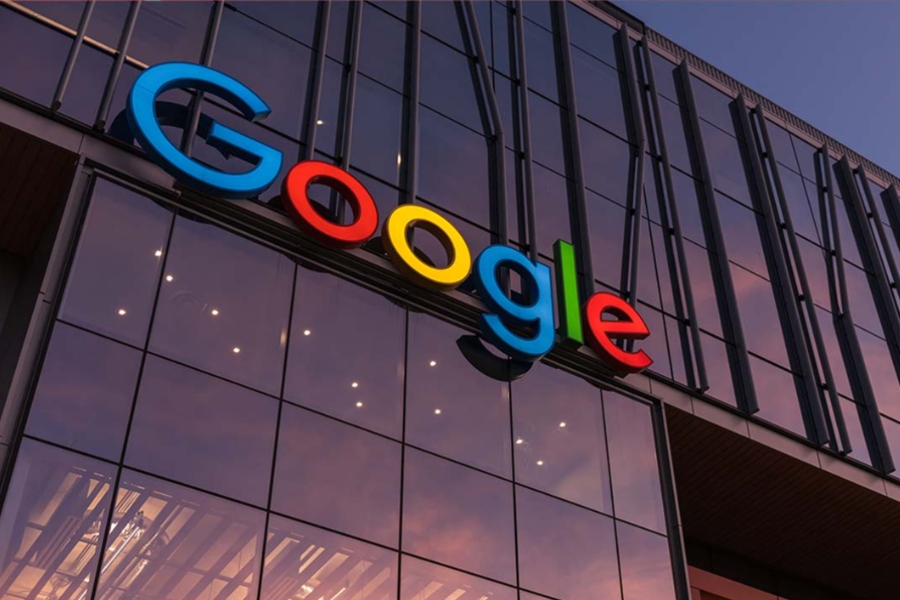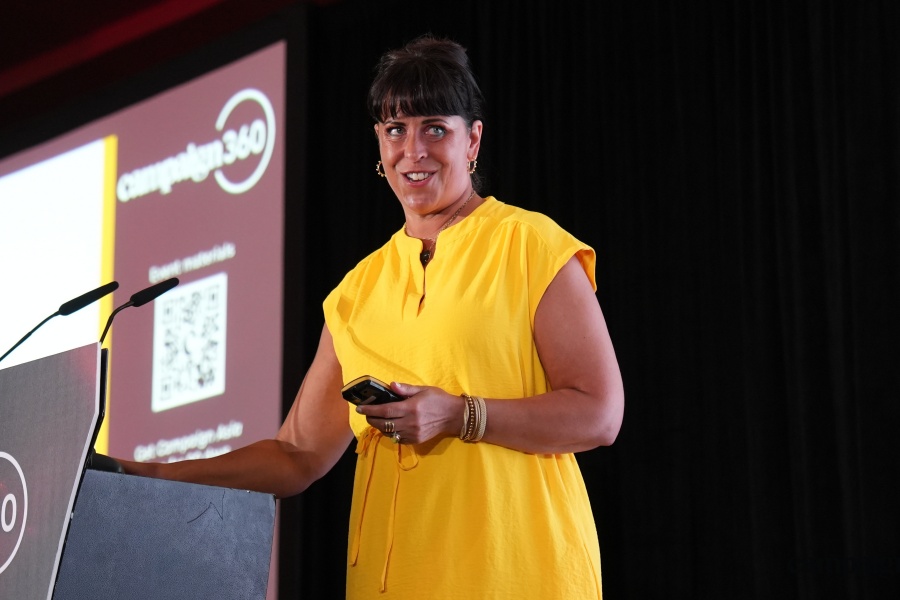Amazon’s decision to enable companies to create voice skills for use in the office without having to write code—instead, they can now use one of dozens of "blueprints"—is a welcome boost for voice. But companies should proceed with caution if they are to take full advantage of the opportunities this will bring.
Plans for a set of tools for using the Alexa voice-activated virtual assistant at work were first announced in November 2017, along with details of initial partners developing specific "skills", or apps, for business customers, all initially focused around conference rooms and productivity.
As well as an opportunity to tailor Alexa skills to their own company—voice access to an employee director, for example, or company calendar information—more practical uses include adjusting lights or room temperature, as well as accessing information about the news or weather, setting timers or asking questions, as you can do at home with an Amazon Echo.
The idea was to bring Alexa out of the home and into the office as part of Amazon’s bigger objective of making Alexa the go-to solution for, well, anything.
Last week, this came a step closer with Amazon’s launch of Alexa for Business Blueprints—a set of dozens of preconfigured templates for Alexa that let business customers create and publish private skills for their own use without needing any technological expertise or having to write code.
At its simplest, this is a faster and simpler way for businesses to develop workplace skills.
It’s also a great way of crowdsourcing new ideas for voice in an organisation. For as anyone within the company (not just the IT team) can submit a request for a new voice app - and, subject to approval, have it easily built using an appropriate Alexa for Business Blueprint template - it is democratisation of voice skills creation.
Alexa for Business Blueprints is likely to benefit businesses in a number of ways, starting with easier and simpler voice-controlled day-to-day running of office functions and processes that, in turn, could help enhance productivity.
Just as interesting, however, will be how businesses reap the branding benefits of the increased ability to tailor voice skills appropriate to their particular work environment.
One obvious area where it is likely to have an impact is on employer branding. At a time when competition for the best talent has never been greater (and may well get even harder as a result of ongoing Brexit uncertainty), this is an increasingly important business-critical consideration for organisations—and relevant not just to attracting but also retaining top employees.
Voice will allow companies to enable staff to engage and interact with them in new and interesting ways on a daily basis, further bringing their employer brand to life.
Another area is how voice will impact on the experience of clients, customers and other stakeholders entering a company’s workplace. Here, too, the opportunity is for a company to use voice so its visitors experience the brand in a fresh and engaging way.
In time, we may even see the emergence of workplace Alexa voice skills created by third-party brands. A company’s strategic partners, for example, might take its products into that company’s workplace to encourage employees via voice skills to engage and interact with those products.
Without doubt, companies willing to experiment now will be best-positioned when workplace voice apps become commonplace—as they surely will—in the near future. But they must do so with caution.
One important thing to bear in mind is human nature; in particular, the reticence many people feel when using voice in public spaces. Where voice skills in the workplace are deployed will be key to their uptake.
Another will be the extent to which Alexa enhancements show the full range of natural language processing and understanding. The internet is littered with examples of Alexa not understanding certain voices and accents. In today’s multicultural world, getting this wrong will be a painful own goal.
Privacy will be a further issue. Already, concerns have been expressed about voice-controlled speakers listening to private conversations in the home. While Amazon and Google are quick to stress devices only start listening once their "wake-up" word is spoken, it will be interesting to see how this develops within the corporate environment.
Following deals struck last year to embed Alexa in new cars and now Alexa for Business Blueprints, Amazon is well on its way towards achieving its goal of being the go-to everyday life-enabler. To take best advantage of this, however, companies seeking to deploy voice in their workplace will need a clear strategy combined with a carefully considered approach.
David Coombs is head of strategic services at Cheil London











